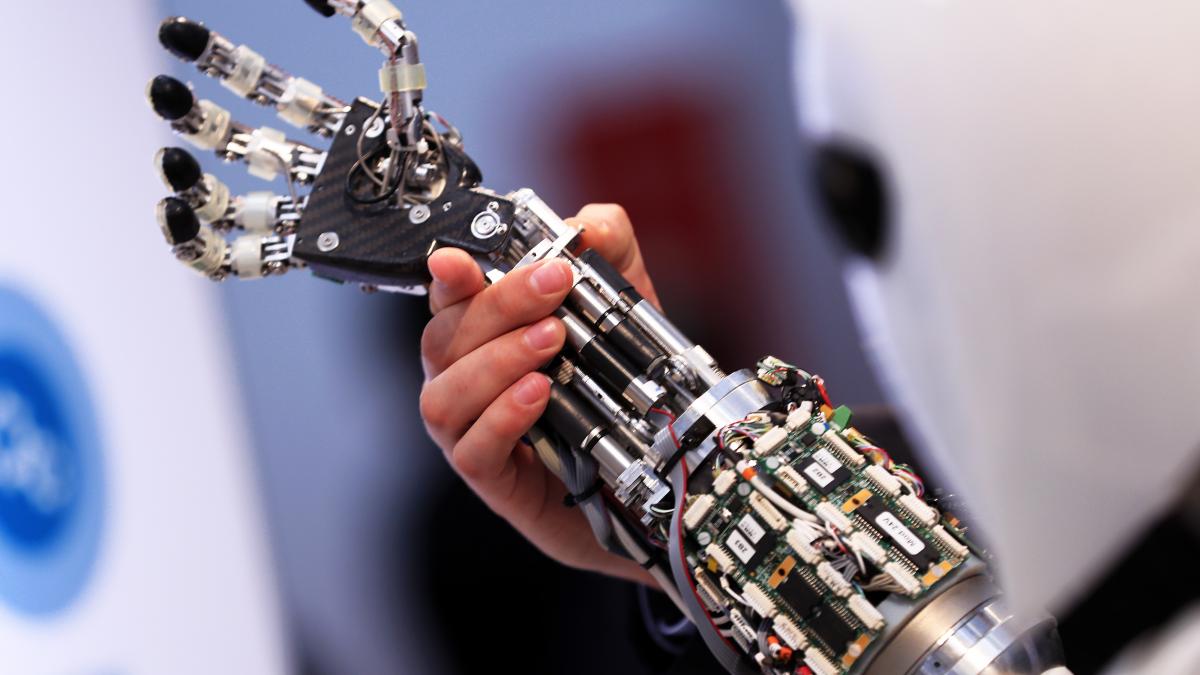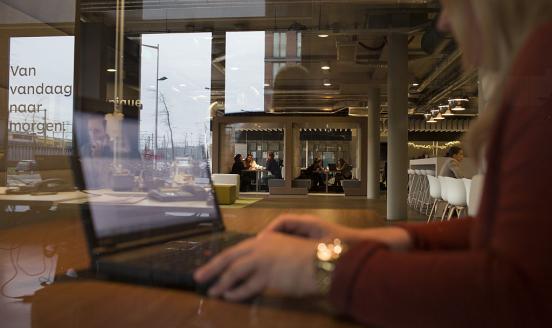Technology, trade, work councils and income distribution: new insights from MICROPROD

Ensuring prosperity and fairness is a dual challenge with major policy implications. Using various micro datasets, Work Package 5 of the MICROPROD project made significant contributions to our understanding of the distributive implications of trade and technological change.
New research found that technological change could have been a driver of increased income inequalities in France, Italy and Spain, but trade globalisation was not. The main transmission channel of both trade and technology shocks was total factor productivity, which was increased by both shocks, and total factor productivity increased average wages. Yet after the China shock, wages did not increase as much as the total factor productive increase would have implied, indicating that the marginal impact of the China shock on wages was negative.
Low-novelty content innovation dominates innovation activities and played a major role in driving the college premium up in Hungary and Norway. This finding underlines that skill-biased technological change is not necessarily linked to generating new knowledge or high novelty products at the firm level.
Greater exposure to robot adoption is associated with increased support for nationalist parties in 14 western European countries. Robot exposure can lead to poorer perceived economic conditions and well-being, lower satisfaction with the government and democracy, and a reduction in perceived political self-efficacy. Since a new wave of automation is on its way, electorates might further shift to radical parties in the absence of appropriate policies to address the adverse social consequences of automation.
German work councils, which are different from trade unions, increased productivity, wages and profits, even when controlling for the self-selection of high-quality personnel. These encouraging findings suggest that certain labour market institutions could result in a win-win situation for both workers and capital owners, thereby mitigating some adverse impacts of technological change on the labour market.
This Working Paper is an output from the MICROPROD project, which received funding from the European Union’s Horizon 2020 research and innovation programme under grant agreement no. 822390.



